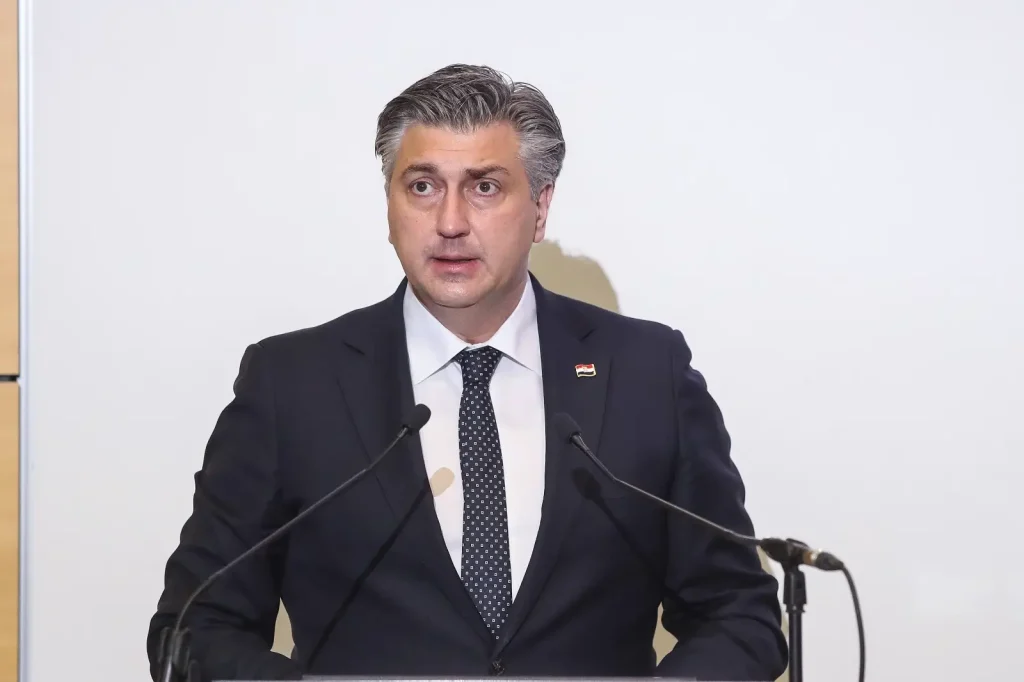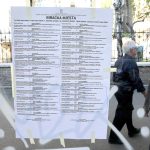The conference was organised by the Faculty of Civil Engineering in Zagreb on the first anniversary of the 5.5-strong tremor that struck Zagreb and its environs on 22 March 2020.
Plenković recalled today the extent of the damage to Zagreb and its environs and then later to the Banovina region which was struck by the 6.2-strong quake on 29 December was truly enormous.
The damage is estimated at HRK 86 billion in Zagreb and its environs and HRK 41.6 billion in the Banovina area in Sisak-Moslavina County. The sum total of the quake damage is put thus at HRK 128 billion.
For that expensive and long process of the reconstruction to be implemented it is essential to secure the necessary funds, particularly from European and international sources, said Plenković.
The government has to date taken intensive activities at all levels for reconstruction and revitalisation of affected areas so as to secure €3.8 billion or about HRK 28.5 billion, which is 22% of the funds required.
Of that amount, almost €1.4 billion is from European sources and €2.4 billion through international financing institutions.
The European funds include €684 million from the EU Solidarity Fund for Zagreb’s reconstruction and almost €600 million is planned through the Recover and Resilience Mechanism, while €111 million will be reallocated from the Competitiveness and Cohesion Operational Programme from the existing Multiannual Financial Framework (MFF), he said.
In addition, we will endeavour to secure funds from the new EU Multiannual Financial Framework which is currently being programmed and financing reconstruction will be treated as a specific item, said Plenković.
When it comes to international financing institutions, in addition to an already contracted loan of €184 million from the World Bank, talks will be conducted for an additional €1 billion from the European Investment Bank (EIB), €900 million from the Council of Europe Development Bank (CEB) and €300 million from the European Bank for Reconstruction and Development (EBRD).
An additional €319.2 million needs to be added to all that which Croatia requested from the European Solidarity Fund for the removal of damage caused by the earthquake in the Banovina region, he added.
Plenković added that constant talks were being held with a series of development and commercial banks to come up with solutions that will provide credit lines with favourable interest rates for individuals. That primarily refers to the 20% of the costs they need to cover reconstruction, to finance the difference between structural repairs and complete reconstruction, to finance the reconstruction of apartment buildings and also to fund the reconstruction of public buildings by the state.
“We are about to enter the phase of organised structural repairs and comprehensive reconstruction, not just in Zagreb but in neighbouring counties,” said Plenković.
He underscored that reconstruction should boost a new large development cycle for Zagreb and neighbouring counties as well as trigger the revitalising of the Banovina region.
World Bank director for Croatia and Slovenia, Elisabetta Capannelli, said that the estimated quake damage was equal to reached 30% of Croatia’s GDP.











